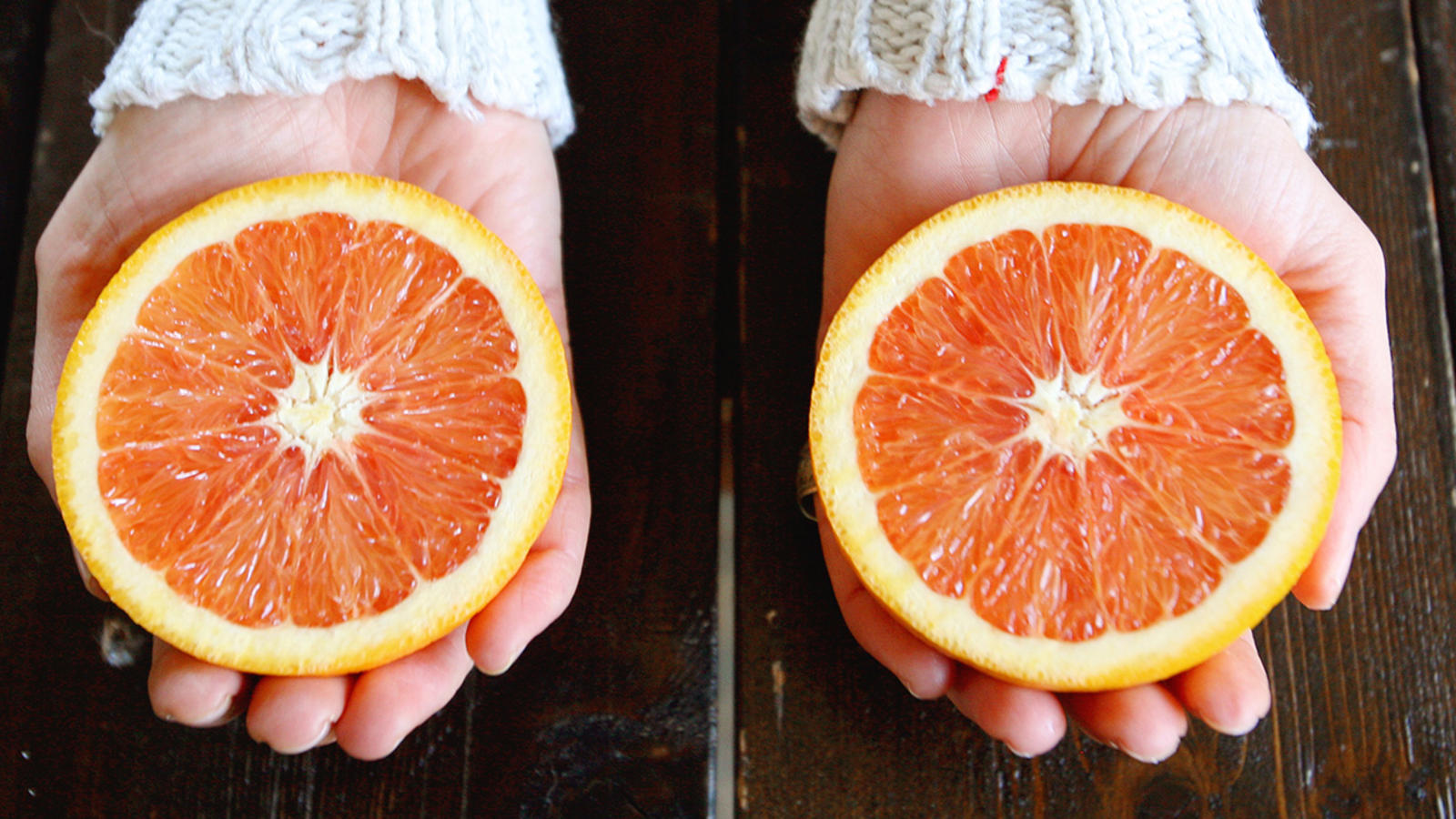
Clean Living
Just Feeling Disgust Can Prompt Unethical Behavior
Based on research by Vikas Mittal, Andrea Morales and Karen Page Winterich
Just Feeling Disgust Can Prompt Unethical Behavior
- Triggering feelings of disgust can cause people to act unethically.
- Physical cleansing actions, like washing our hands, can reduce the negative effects of disgust.
- Managers need to know how emotional states like disgust can influence ethical decision making.
Humans are hardwired to feel disgust, and it doesn’t take much to trigger it. Just watching a gory movie scene or taking a bite from a wormy plum can do it. And in general, this is a good thing: Researchers think of disgust as nature’s police tape, designed to keep us from eating tainted, possibly dangerous food. But disgust can also be influenced by culture. Foods that are considered disgusting in some cultures — think locusts and haggis — are delicacies in others.
Because disgust inspires such powerful self-protective reactions — twisted faces, spitting, physical recoiling — it’s great at preventing us from taking that second gulp of expired milk. The problem is that this ancient reflex can also trigger completely unrelated behaviors that are, in and of themselves, rotten.
Vikas Mittal, a professor at Rice Business, wanted to understand how the feeling of disgust might influence unjust behavior. In previous research, with co-authors from Penn State and Arizona State, Mittal had shown that subjects who feel disgusted were more prone to harshly judge others’ unethical behaviors.
Now the researchers wanted to take their questions about disgust further. How exactly did this visceral reaction to organic triggers influence just or unjust behavior in the disgusted person herself? And how could the ethical effects of this physical sensation be neutralized?
The professors hypothesized that if disgust creates a self-protective response — making people act to their own benefit, even at the expense of others — then just triggering the disgust experience could make them act unethically; that is, in a way that could harm other people. To test their hypothesis, the team conducted three randomized experiments. Each one compared participants who had been made to feel disgust with a control group of participants who had not.
The first experimental group evaluated such queasy-making products as anti-diarrheal medicine, diapers, and adult incontinence aids. In the second experiment, subjects wrote about their most disgusting memory. In the third, participants watched the notorious toilet scene from the movie Trainspotting. All the participants then took part in experiments measuring their willingness to lie and cheat.
The researchers’ predictions came true: The subjects who felt seized with revulsion indulged in self-interested behaviors at a significantly higher rate than their less disgusted counterparts. Offered a monetary incentive, the disgusted participants lied about the results of a coin toss, fibbed about solving an unsolvable puzzle, and cheated their fellow participants.
Now the team wanted to see if this morally tainting effect could be undone. Researchers have already demonstrated that physical cleaning can improve interpersonal behavior. Studies have shown that just thinking about cleansing activities or inhaling smells like citrus-scented Windex can foster pro-social behaviors. A whiff of lemony glass cleaner, it turns out, can make a subject gentler in condemning someone else’s unethical behavior. Maybe, Mittal and his colleagues theorized, cleansing behaviors could ameliorate the self-serving effects of disgust.
To find out, the researchers conducted another set of experiments, asking their subjects to evaluate a range of cleansing products, including disinfectants, household cleaners and body wash. Then they studied the subjects’ willingness to take part in deceptive interactions. Voila: The once-disgusted subjects who evaluated the cleansing products seemed literally morally cleansed. In the second part of the experiment, they behaved no more deceptively than the members of the neutral control group who had been spared any disgusting experience.
It’s evocative research, with profound implications for further study. Can research about these findings be applied to societal problems such as bullying, the marginalization of out-groups, or irrational public policy? Already, the disgust experiments suggest clear application for business. Managers need to know that important ethical and practical decisions can be contaminated by cultural and even physical sensations of disgust. More optimistically, clean living — at least in the form of cleansing mental images and clean-smelling aromas — actually can make for clean business.
Vikas Mittal is the J. Hugh Liedtke Professor of Marketing and Management at Jones Graduate School of Business at Rice University.
To learn more, please see: Mittal, V., Morales, A. & Winterich, K. P. (2014). Protect thyself: how affective self-protection increases self-interested behavior. Organizational Behavior and Human Decision Processes, 125(2), 151-161.
Never Miss A Story


